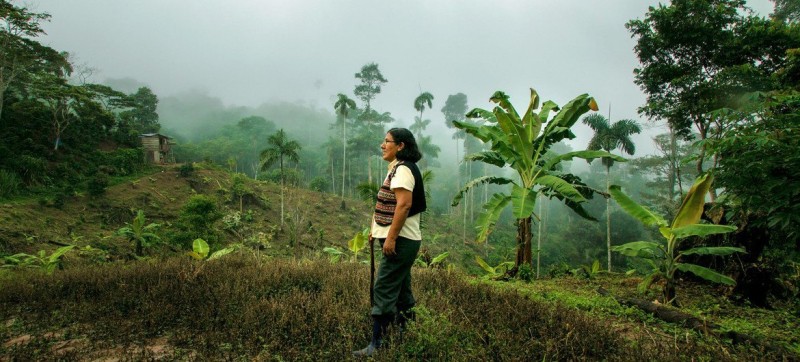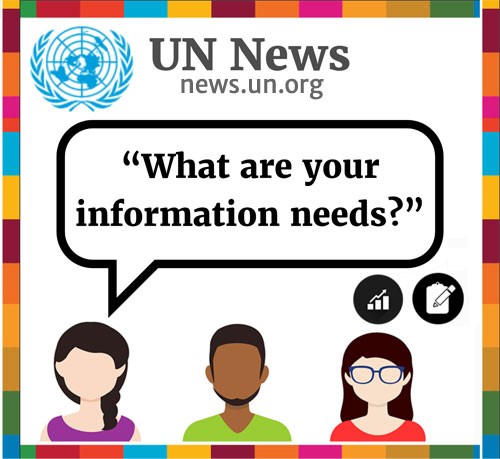
© UNDP Peru Indigenous communities in Peru are growing organic coffee to boost their livelihoods.
He was speaking in Geneva at the annual meeting on the rights of Indigenous Peoples, referencing in-depth conversations he had had in recent months with Indigenous representatives during missions to Colombia, Ecuador, Venezuela and Kenya.
He described the “unprincipled and devastating impact of extractive industries on the environment and the rights of Indigenous Peoples. Their dispossession from ancestral lands, and the militarization of their territories.”
He said they had described the negative impact of the climate crisis on their communities and “the scope of systemic discrimination and exclusion.”
“It’s clear that these violations must stop”, he told the meeting.
Poverty imbalance
The UN rights chief noted that Indigenous Peoples make up just over six per cent of the world’s population but account for almost a fifth of the world’s poor, according to the International Labour Organization (ILO).
Tweet URL
He insisted their voices need to be heard “in every relevant national, regional and global conversation” and stressed the need to protect Indigenous human rights defenders from violence and reprisals.
Mr. Türk recalled the “profoundly moving” story of survival by four Huitoto children whose mother died when they were all in a plane crash in the Colombian rainforest last month. They were found alive after 40 days, including a one-year-old baby.
“The older children were able to hark back to the lessons of their mother and grandmother. They knew it was possible to understand the rainforest and to co-exist with its animals and plants, despite the risks.”
He said Indigenous people were most likely to carry the chain of culture forward: “We see this very clearly in the context of climate change”, with its unequal impact, often leaving those closest to the land, to experience the worst effects.
This is especially true for Indigenous women, he reminded, hit disproportionately by “climate damage and the unprincipled development of megaprojects.”
Meeting 45 Indigenous leaders from 30 countries just last week, the rights chief said climate change was referenced often. “As the ice melts, our culture and the way of living dies”, one participant from Greenland told him.
He said he hoped there would be increasing opportunities for Indigenous Peoples to participate at the UN, including in the Geneva-based Human Rights Council.
“Because you have a right to make your voices heard. Because you have the right to participate in decision-making in matters which would affect you, through representatives chosen by you according to your procedures. And because your voices are deeply valuable to every aspect of our work to advance human rights.”

2023 UN News User Survey
Thank you in advance for agreeing to participate in our survey so we can improve and tailor our products to your needs. The survey will take no more than 4 minutes to complete.

